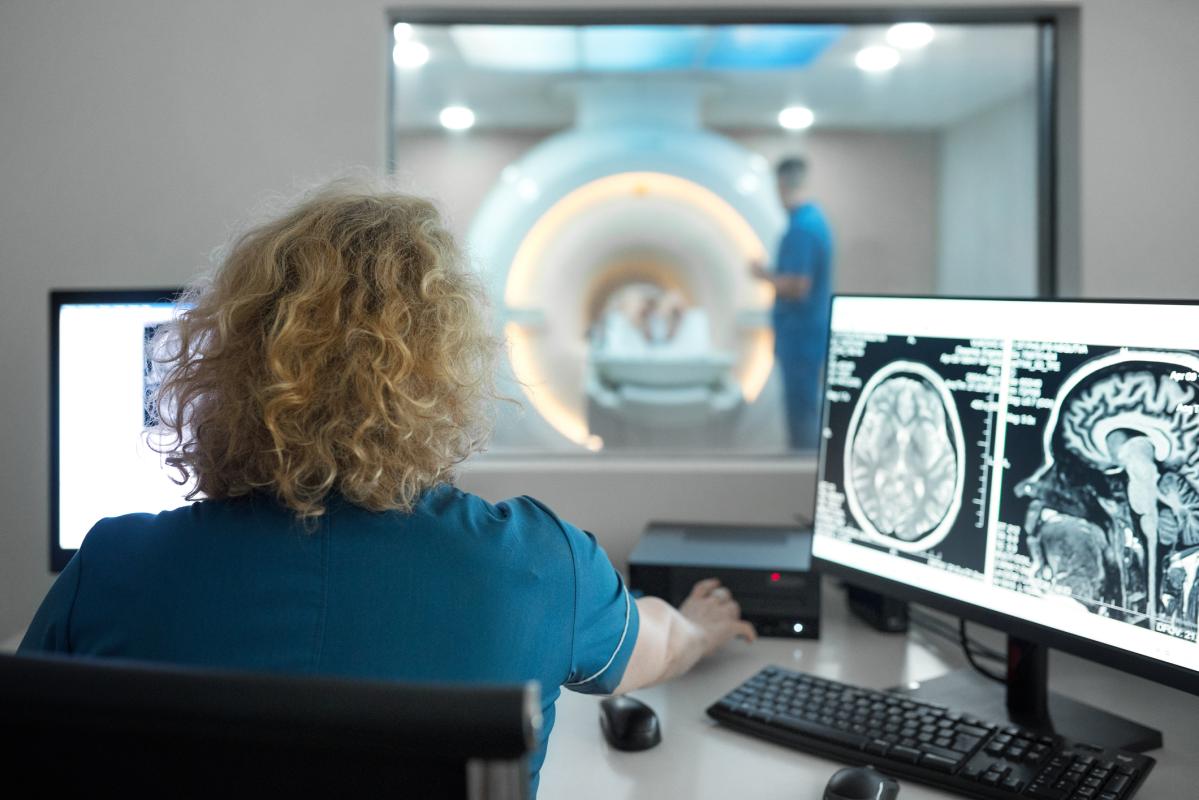Easy, Nutrient-Dense Recipes for Brain Tumor Patients
When you’re going through treatment for a brain tumor or healing after surgery, food can feel like a double-edged sword. You know you need to eat to stay strong, but side effects like nausea, fatigue, and changes in taste can make that tough. And when you’re already tired, standing in the kitchen for an hour is the last thing you want to do.
Simple At-Home Exercises for Brain Tumor Patients
When you're recovering from a brain tumor or navigating treatment, movement might feel like the last thing on your to-do list. But gentle, consistent exercise (right from your own living room) can make a powerful difference. Whether you're dealing with fatigue, balance changes, or just not feeling like yourself, there are simple ways to get moving without pushing too hard.
Brain Swelling After Brain Tumor Surgery: What to Expect
When you or a loved one undergoes brain tumor surgery, there’s a lot to keep track of, including follow-ups, medications, rest, and healing. However, one thing that often causes worry right away is brain swelling. Is it normal? How much is too much? And what should you expect as the days and weeks go on?
After a Brain Tumor Diagnosis Came Hope
After being diagnosed with glioblastoma, Sabrina Lewandowski embraced an aggressive, unconventional treatment plan at Duke's Preston Robert Tisch Brain Tumor Center, leading to her survival more than two decades later.
Hydration & Brain Tumor Treatment: Why It Matters
When you're living with a brain tumor, staying hydrated might not be the first thing on your mind. But it should be.
Honoring the Life and Legacy of Mia Love
Congresswoman Love surpassed her original prognosis and continued to be a voice of strength and resilience even in her final months. Her journey mirrored that of so many of our patients—individuals who choose to keep fighting, to keep advocating, and to keep believing in a better future for others.
Understanding the Blood-Brain Barrier in Brain Tumor Treatment
When you’re navigating through the world of brain tumors, you’re likely to come across many terms and concepts. One of the most important, but also one of the trickiest, is the blood-brain barrier (BBB).
What Are the Symptoms of a Frontal Lobe Brain Tumor?
The brain is an intricate command center, and when something disrupts its function, like a tumor, symptoms can show up in ways you wouldn’t expect. The frontal lobe, located at the front of the brain, controls crucial functions like thinking, movement, personality, and decision-making. But what are the warning signs of a frontal lobe brain tumor? Let’s take a closer look.
Seizures Explained: Their Role and Impact During Brain Tumor Treatment
If you or a loved one has been diagnosed with a brain tumor, you may have heard that seizures can be a part of the journey. But what does that actually mean? What causes them?
Grant joins the American Board of Neurological Surgery
Gerald A. Grant, MD, chair of the Department of Neurosurgery at Duke University, has been named a director of the American Board of Neurological Surgery.









